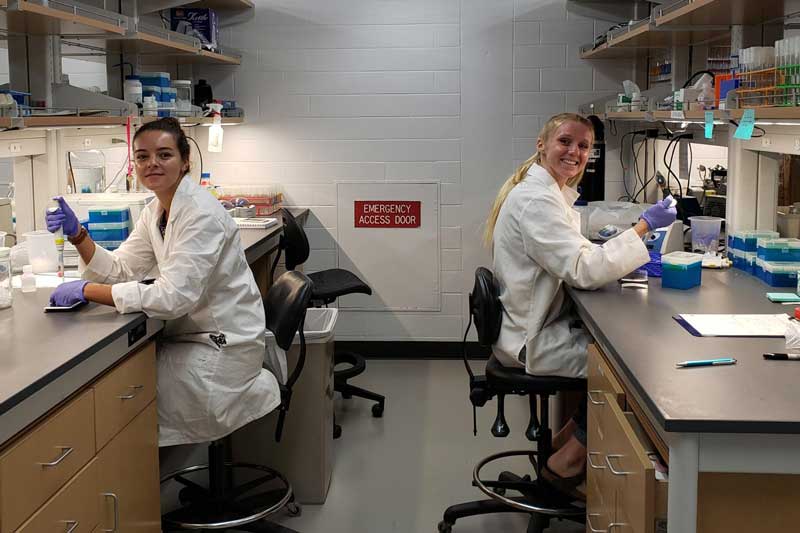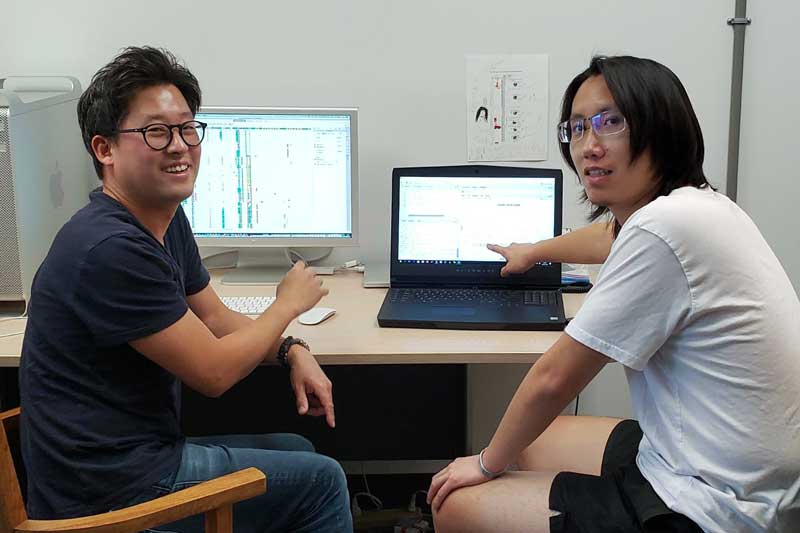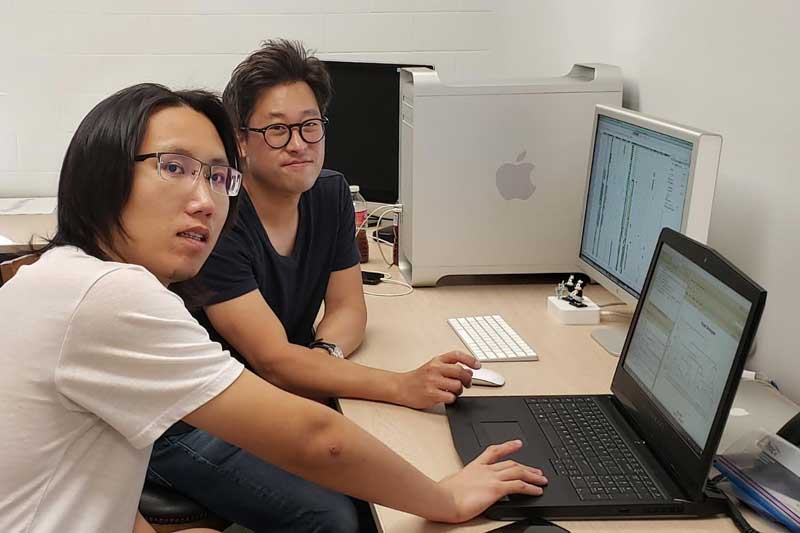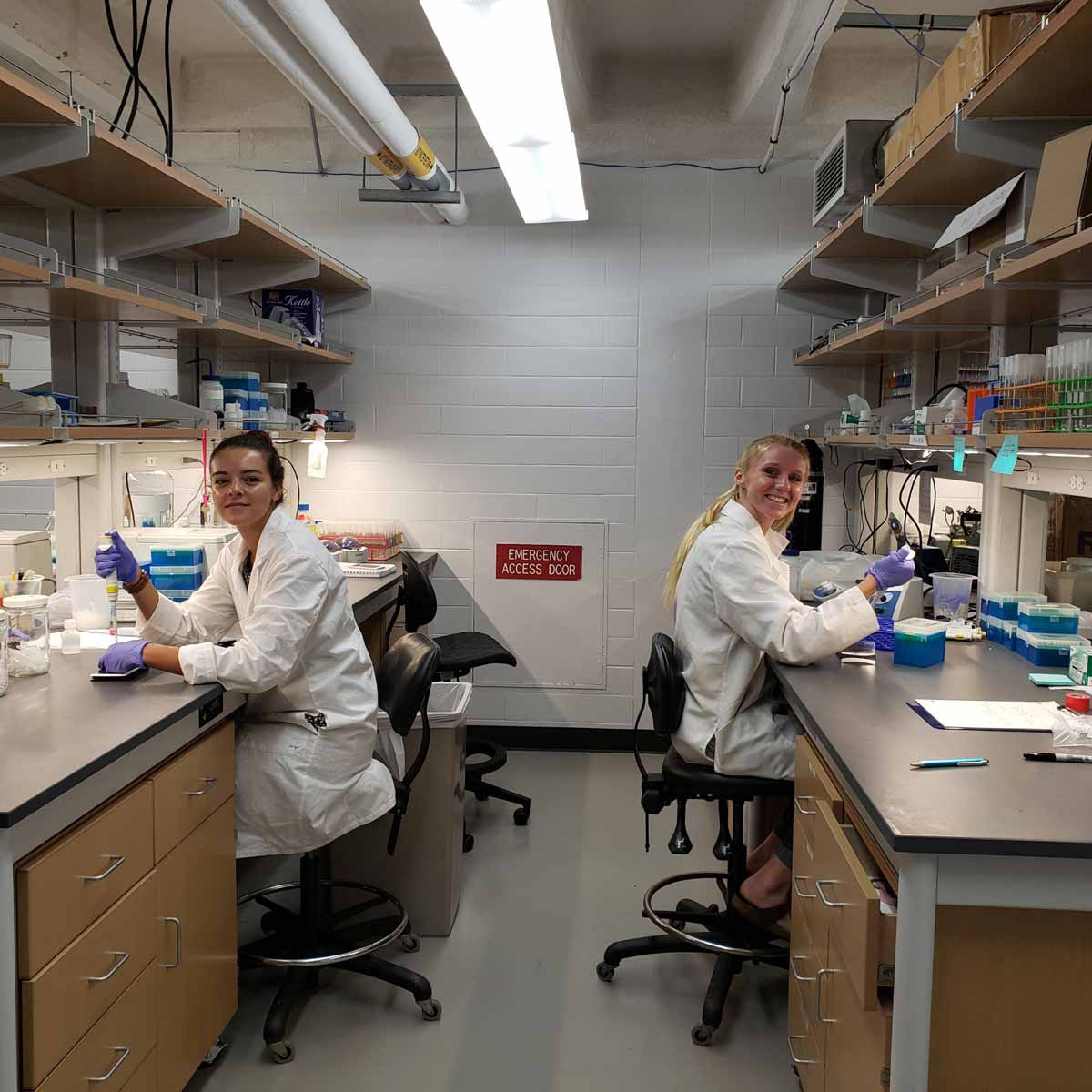
Erdner Lab
Lab Lead
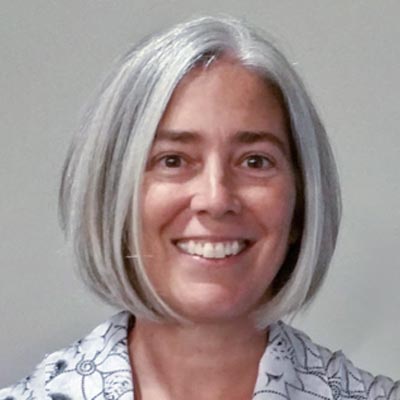
Deana Erdner, Ph.D.
UT Marine Science Institute
[email protected]
Deana Erdner received her B.S. in Biology from Carnegie Mellon University in 1991, and her Ph.D. in Biological Oceanography from the Massachusetts Institute of Technology/Woods Hole Oceanographic Institution Joint Program in 1997. After postdoctoral study at the University of Warwick (U.K.) and the Georgia Institute of Technology, she was a research scientist at the Woods Hole Oceanographic Institution for five years before joining the UT Marine Science Institute faculty in 2006.
She is interested in the diversity of Gambierdiscus, from the community to the intra-specific level. Her work uses DNA to understand Gambierdiscus species distributions and how populations in different regions become adapted to the local environment.
Learn More... (uttexas.edu)
Deana Erdner received her B.S. in Biology from Carnegie Mellon University in 1991, and her Ph.D. in Biological Oceanography from the Massachusetts Institute of Technology/Woods Hole Oceanographic Institution Joint Program in 1997. After postdoctoral study at the University of Warwick (U.K.) and the Georgia Institute of Technology, she was a research scientist at the Woods Hole Oceanographic Institution for five years before joining the UT Marine Science Institute faculty in 2006.
She is interested in the diversity of Gambierdiscus, from the community to the intra-specific level. Her work uses DNA to understand Gambierdiscus species distributions and how populations in different regions become adapted to the local environment.
Learn More... (uttexas.edu)
Post Doc
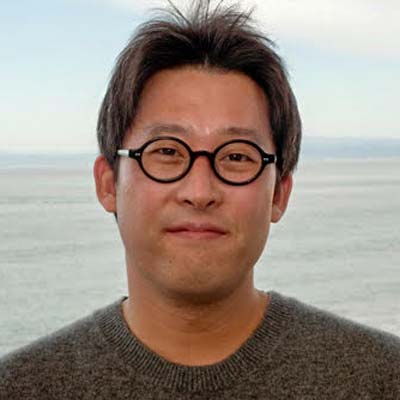
Chang Jae Choi, Ph.D.
UT Marine Science Institute
Chang Jae Choi received his PhD in Phytoplankton Ecology from the University of Wisconsin where he studied the molecular aspect of cell mortality in phytoplankton. Then he took a postdoctoral fellow position at the University of Texas Marine Science Institute to examine the ecological role of cell mortality on phytoplankton bloom dynamics. After that he moved to Monterey Bay Aquarium Research Institute where he investigated marine microbial diversity using computational approaches to better understand ecological controls characterizing the ocean microbiome. He is now a Research Scientist at the University of Texas Marine Science Institute and studies the role of biodiversity in ecosystem functioning focusing on Gambierdiscus epiphyte communities.
Chang Jae Choi received his PhD in Phytoplankton Ecology from the University of Wisconsin where he studied the molecular aspect of cell mortality in phytoplankton. Then he took a postdoctoral fellow position at the University of Texas Marine Science Institute to examine the ecological role of cell mortality on phytoplankton bloom dynamics. After that he moved to Monterey Bay Aquarium Research Institute where he investigated marine microbial diversity using computational approaches to better understand ecological controls characterizing the ocean microbiome. He is now a Research Scientist at the University of Texas Marine Science Institute and studies the role of biodiversity in ecosystem functioning focusing on Gambierdiscus epiphyte communities.
Pictures
